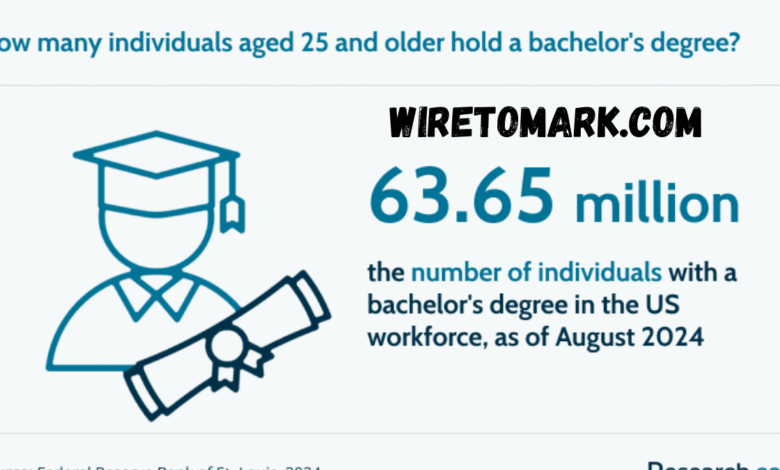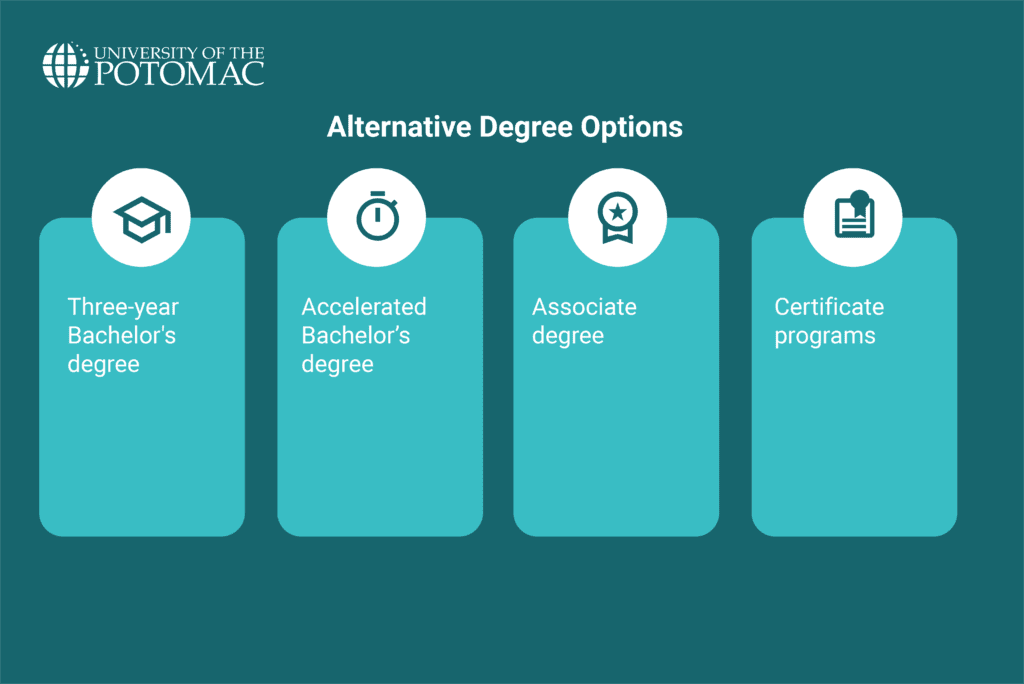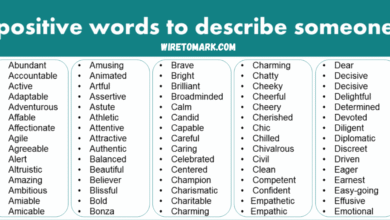How Many Years Is a Bachelor Degree

When people begin planning their higher education journey, one of the most common questions is how many years is a bachelor degree. It’s a question that carries a lot of weight because time is one of the biggest investments alongside money. Understanding the timeline can help students set realistic expectations for their academic and career paths.
A bachelor program is often the stepping stone to advanced studies or a rewarding career. The duration can vary depending on the country, the type of program, and even the pace of the student. Still, there is a general structure that makes it easier to understand what kind of commitment you’re making when you enroll.
How Many Years Is a Bachelor Degree in General
The phrase how many years is a bachelor degree is not as simple to answer as one might expect. In most regions, the typical time frame is fairly standard, but variations exist due to factors like program structure, credit requirements, and whether a student chooses to study full-time or part-time.
Students who go the traditional route of full-time study usually finish faster than those who work alongside classes. However, both paths are valid. The real difference lies in how flexible someone needs their schedule to be, and that flexibility directly impacts the length of time it takes to graduate.
How Many Years Is a Bachelor Degree Around the World
When we ask how many years is a bachelor degree, it is important to remember that education systems differ worldwide. For example, in many Western countries, there’s a commonly accepted timeframe. But in other parts of the world, universities may structure their courses differently.
These differences often depend on the national education system and how much emphasis is placed on general education compared to specialized courses. So, while the end goal remains the same — earning a bachelor credential — the journey can be shorter or longer depending on where you study.
Factors That Influence the Duration
Several factors play a role in how long it takes to complete a bachelor program. Course load is one of the biggest factors. Students taking a heavier load per semester may finish faster, but they also face greater pressure and workload.
On the other hand, part-time students often take fewer courses per term, which spreads the degree out over more years. Transfer credits, internships, or co-op programs can also change the timeline. In short, while there’s a standard expectation, personal choices and institutional policies shape the final outcome.
The Role of Majors and Fields of Study
Not every bachelor program follows the same pattern. Some majors are more intensive and require additional credits or practical training. For example, fields that involve lab work, studio projects, or clinical practice often extend the degree’s duration.
Other programs are more straightforward, with clearly defined coursework and fewer additional requirements. This means that the choice of major can directly impact how quickly you finish, which is something students should consider early on.
The Difference Between Full-Time and Part-Time Study
Full-time study is the fastest route to finishing a bachelor degree. Students typically dedicate most of their week to classes, assignments, and projects. This approach is intensive, but it ensures progress at the fastest pace possible.
Part-time study, however, is a better option for those balancing other responsibilities like work or family. The trade-off is that it naturally extends the timeline. Many universities now design flexible programs to support such students, allowing them to complete their degree at a pace that suits their lifestyle.
Online Bachelor Programs
Online education has opened up a new conversation about how many years is a bachelor degree. Virtual programs often allow for more flexibility in pacing. Some students accelerate their learning by taking courses year-round, while others spread out the workload.
This flexible structure is appealing to many modern learners. However, the quality of the program still matters. A reputable online bachelor degree will maintain the same standards as traditional universities, ensuring that the credential is respected by employers.
The Importance of Credit Requirements

Bachelor programs are structured around credit requirements. Each course carries a certain number of credits, and students must reach the required total to graduate. The number of credits typically determines how long it will take to complete the degree.
If a student transfers from another institution, previously earned credits may reduce the overall time needed. Conversely, switching majors may extend the timeline, as not all credits transfer neatly into a new program. This is why planning and academic advising are critical.
Accelerated Programs
Some universities offer accelerated programs that shorten the path to a bachelor degree. These options are ideal for motivated students who are willing to take heavier course loads or attend classes year-round.
The advantage is obvious — finishing sooner and entering the workforce earlier. However, the intensity can be challenging, and not every student is comfortable with such a demanding schedule. Accelerated programs require strong time-management skills and dedication.
Challenges That May Delay Graduation
Even with the best intentions, many students encounter challenges that affect how long it takes to complete a bachelor program. Academic difficulties, changes in major, financial struggles, or personal responsibilities can all slow down progress.
Delays aren’t necessarily a bad thing. Education is a personal journey, and taking longer doesn’t lessen the value of the degree. In fact, many students who take extra time end up gaining valuable life experience that helps them succeed later.
Career Implications of the Timeframe
Understanding how many years is a bachelor degree also helps students prepare for career planning. Employers often expect a certain level of education, and knowing when you’ll graduate can help you align internships, job applications, and networking opportunities.
A well-timed graduation also ensures you enter the job market when you are ready. Some fields value quick completion, while others place more emphasis on the quality of training and hands-on experience. Either way, timing plays a role in your professional journey.
Financial Considerations
The longer it takes to complete a bachelor degree, the more financial resources may be required. Tuition fees, textbooks, housing, and other expenses can add up quickly over time. That’s why many students aim to complete their studies within the expected timeframe.
At the same time, part-time or extended programs allow students to work while studying, which can ease financial pressure. The trade-off is more years in school, but less financial strain upfront. Each student has to decide which balance works best for them.
The Value Beyond the Years
It’s easy to focus on the timeline, but the true value of a bachelor degree goes beyond the number of years spent earning it. The program builds critical thinking, problem-solving, and communication skills that remain valuable for a lifetime.
Graduates often find that the effort and years invested pay off with better job opportunities, higher earning potential, and personal growth. So, while it’s natural to ask how many years is a bachelor degree, the bigger picture is about long-term benefits.
Conclusion
So, how many years is a bachelor degree? The answer depends on many factors — your country, your major, your pace, and even your life circumstances. For most students, there’s a standard timeframe, but flexibility exists for those who need it.



